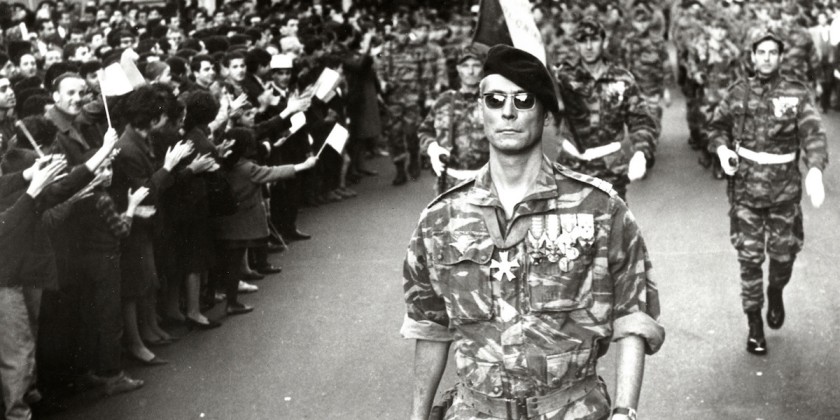When there’s very obviously an agenda to a film, watching it can be difficult. Because there’s no way of assessing what kind of base knowledge you’re required to possess before the film begins. In my case, Algeria was declared independent thirty years before I was born. It’s a country that crosses my mind almost never. I knew that it had a history of conflict – I didn’t know much else.
Perhaps base knowledge would have proved useful in the case of The Battle of Algiers. Perhaps not. I don’t think I missed the point, though: “In any war, the enemy is still a human.” Humans are dumb and desperate. They torture suspects and blow up restaurants. If you think your team is the “good team”, you’re not getting the full picture.
Almost fifty years later, I can appreciate The Battle of Algiers‘ importance in 1966. It was incredibly timely, commissioned by the Algerian government to chronicle the atrocities committed by both sides. Its message, too, is still relevant to this day. And although you can’t blame The Battle of Algiers for the conditions of my viewing in 2015, it’s a message that I believe most civilised people, at least in their more rational moments, are already familiar with. In many cases, there’s more to an act of violence that what we see or understand. The Battle of Algiers isn’t a piece of entertainment, so I hesitate to say I enjoyed it. But any piece of art that communicates what The Battle of Algiers does can’t be a bad film.



One thought on “The Battle of Algiers”